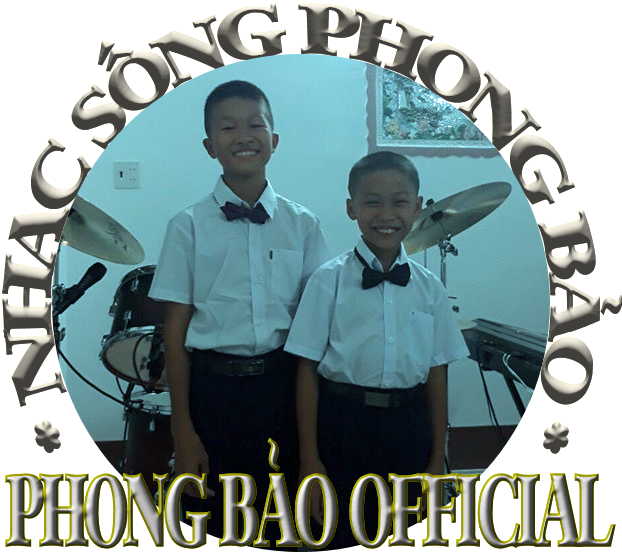
WEBSITE bất vụ lợi - Vì lợi ích cộng đồng - Non-Profit Website for the benefit of Community Learning
|
English 10 - Test 207
Read the passage below carefully, and then choose the best answer
Conservation conflicts arise when natural-resource shortages develop in the face of steadily increasing demands from a growing human population. Controversy frequently surrounds how a resource should be used, or allocated, and for whom. For example, a river may supply water for agricultural irrigation, habitat for fish, and water-generated electricity for a factory. Farmers, fishers, and industry leaders vie for unrestricted access to this river, but such freedom could destroy the resource, and conservation methods are necessary to protect the river for future use. Conflicts worsen when a natural resource crosses political boundaries. For example, the headwaters, or source, of a major river may be located in a different country than the country through which the river flows. There is no guarantee that the river source will be protected to accommodate resource needs downstream. In addition, the way in which one natural resource is managed has a direct effect upon other natural resources. Cutting down a forest near a river, for instance, increases erosion, the wearing away of topsoil, and can lead to flooding. Eroded soil and silt cloud the river and adversely affect many organisms such as fish and important aquatic plants that require clean, clear freshwater for survival.
|
||||||||||||||||||||||||||||||||||||||||||||||||||||||||||||||||||||||||||||||||||||||||||||||||||||||||||||||||||||||||||||||||||||||||||||||||||||||

